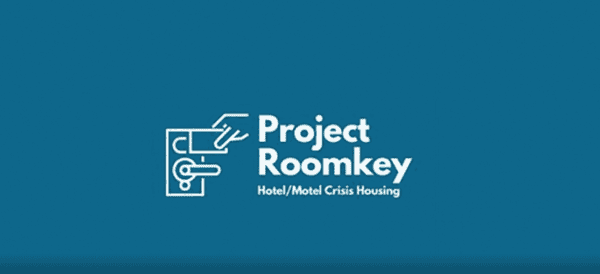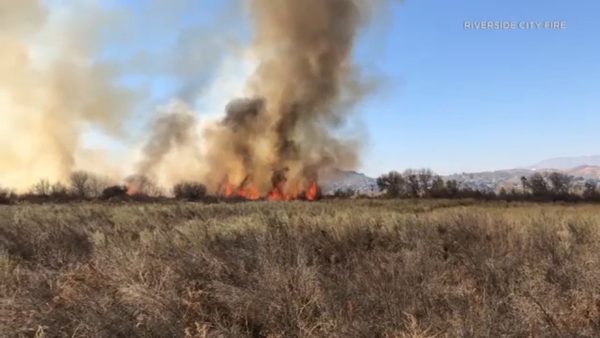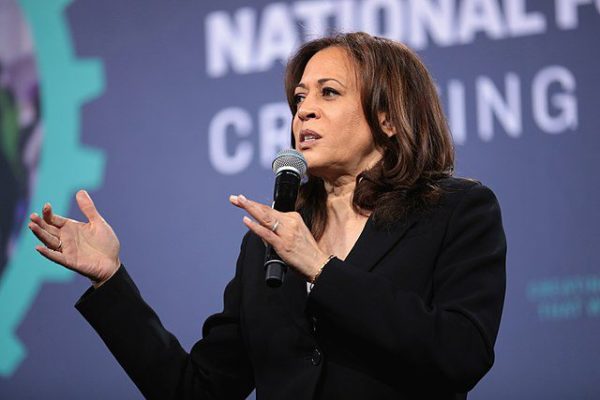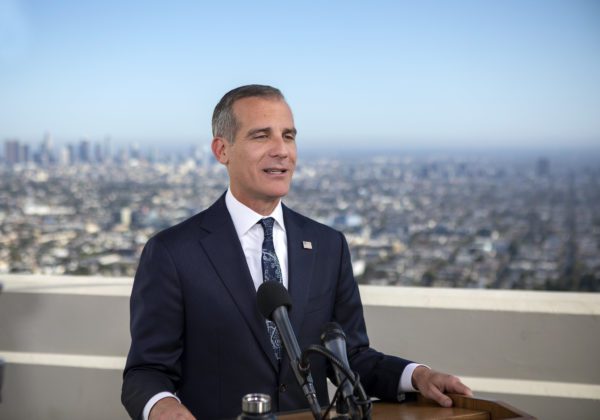The Los Angeles City Council authorized $2.9 million in additional funding Friday for the demobilization of Project Roomkey, a housing program created during the coronavirus pandemic that is winding down.
The Council also voted to temporarily extend the program at its three remaining sites: the Highland Gardens in Hollywood, Airtel Plaza Hotel in Van Nuys and the LA Grand Hotel in downtown Los Angeles. The Airtel Plaza and Highland Gardens sites will shutter on Oct. 31, and the Grand Hotel site will close at the end of January.
The Council previously authorized $2.5 million to provide housing navigation services to program participants. As of last week, 725 people remained in the program.
On Thursday, housing officials provided the Council’s Homeless and Poverty Committee with a report on helping those remaining residents find permanent housing elsewhere, including the use of a demobilization tracking tool and housing fairs.
The committee chose not to approve an additional $3.1 million requested by the Los Angeles Homeless Services Authority to support the navigation and placement of residents exiting the program.
“This is the ultimate challenge of the homeless system,” Molly Reisman, acting co-executive director of LAHSA, told the committee. “Even though it sounds like a lot of money, it’s an incredible amount of scarcity given the sheer numbers that we’re trying to serve.”
Reisman added that while the extension of Project Roomkey has allowed LAHSA to serve more people, it has also widened the need for permanent housing resources because people enter the sites without connections to vouchers or permanent housing programs.
“They need that assistance of a rental subsidy of some sort, and they need to find a unit,” Reisman said. “And those are both big challenges.”
As of July, 323 residents had been matched or are in the process of receiving an emergency housing voucher, but more than 200 had not yet received a voucher or been entered into a housing program.
Doug Guthrie, president and CEO of the Housing Authority of the city of Los Angeles, told the committee earlier this month that it’s been taking between 45 and 60 days for a voucher to be approved once a recipient finds a matching residence, which is longer than the 30 days that most landlords would typically hold spaces. He noted that Los Angeles is seeing unprecedented demand for housing, and people relying on vouchers face a particularly uphill climb.
Project Roomkey was established during the pandemic to provide temporary emergency housing. It was funded by both the city and the county, but the U.S. Federal Emergency Management Agency provided full reimbursements through July. There were 37 hotels and motels contracted through the program at its height, with 4,000 rooms available.
The program provided shelter for more than 10,200 people experiencing homelessness over the last two years. Residents received meals, medical screenings and security services. More than 4,100 Project Roomkey participants found permanent housing as of March, according to LAHSA.







